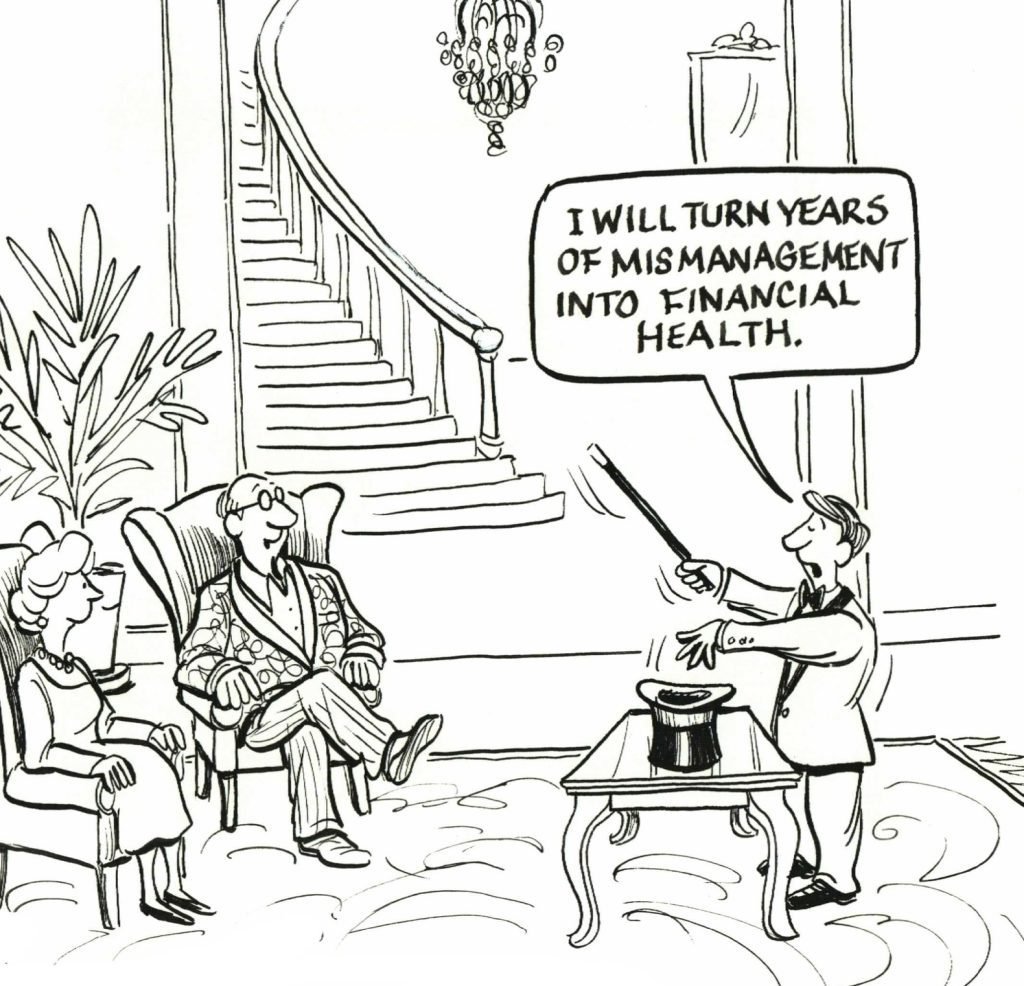Americans differ in many ways, but debt is something so many of us have in common. What we use to compensate is another thing so many of us also have in common: credit. If you feel caught up in an inescapable debt cycle, know this: Bankruptcy is the least expensive way to get rid of debt.

According to a recent Pew Research study, less than half of Americans (46 percent) make more than they spend. Many people don’t even know the actual amount of their debt. Debt can be intimidating, which in turn causes some to simply ignore it.
Face your debt and assess your options
At times, life can present a situation that forces one to confront their finances, upfront and head-on. Regardless of the type of debt you have and the amount, paying it off can take years, if not decades. Of course, there are measures you can take in effort to achieve this goal, but bankruptcy is the quickest and least expensive way to alleviate your debt. Period.
Bankruptcy eliminates most types of debt, stops collections, and allows you to reorganize and catch up on missed car or mortgage payments. Chapter 7 bankruptcy is a good option for those that do not have the ability to pay all their debts, while a Chapter 13 is a reorganization bankruptcy for those that have the income to catch up over time. Bankruptcy is much less expensive than debt settlement.
A bankruptcy filing will be on your credit report and may initially lower your score, and that is a cost, too. But you can immediately begin to rebuild your credit following bankruptcy. This is the time to add new credit, like a secured credit card or small installment loan. Go forward making on-time payments ALWAYS for all debt, the old and the new. Not exceeding 30 percent utilization of your credit cards is also a good habit to practice.
Get rid of debt — and keep it that way!
If you continue moving forward with good financial habits, you can get rid of debt, rebuild your credit — and keep it that way! Consult a bankruptcy attorney to learn your options. Each bankruptcy case is different, relative to the person filing, so what may be true for one person may not be the case for another. But between allowing debt to continuously accumulate with no resolution versus allowing bankruptcy to give you a fresh start, the latter is the better option every time.
